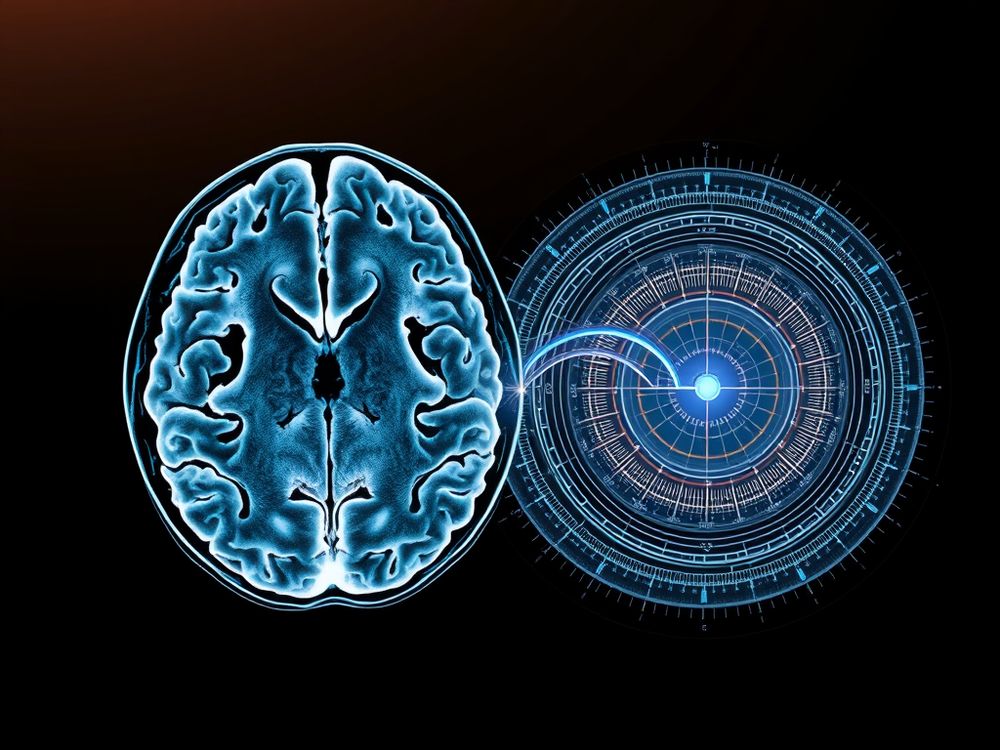
The circadian rhythm regulates various bodily functions, including sleep and hormone release. Researchers discovered glioblastoma, a deadly brain cancer, synchronizes its growth with these rhythms, exploiting hormone surges like cortisol. Disrupting this…

The circadian rhythm regulates various bodily functions, including sleep and hormone release. Researchers discovered glioblastoma, a deadly brain cancer, synchronizes its growth with these rhythms, exploiting hormone surges like cortisol. Disrupting this…
Tannic acid is a byproduct of decaying plant matter. Tannic acid is what gives tea, wine, and coffee their colour and bitter flavour. Its antioxidant (helps protect cells from damage), anti-inflammatory…

Tannic acid is a byproduct of decaying plant matter. Tannic acid is what gives tea, wine, and coffee their colour and bitter flavour. Its antioxidant (helps protect cells from damage), anti-inflammatory…

